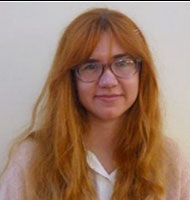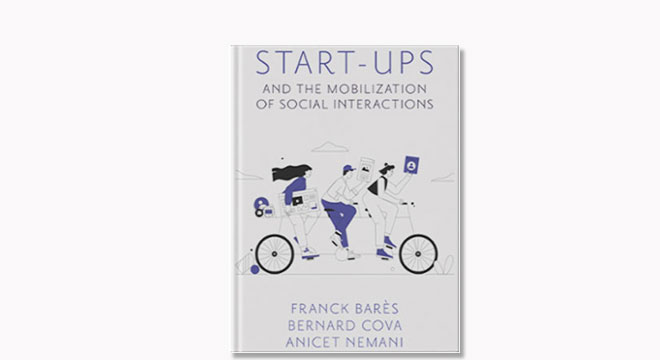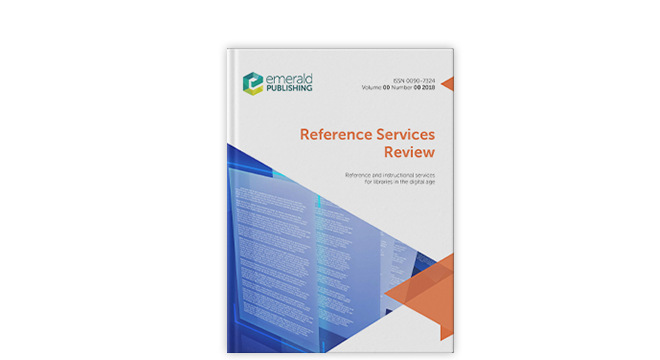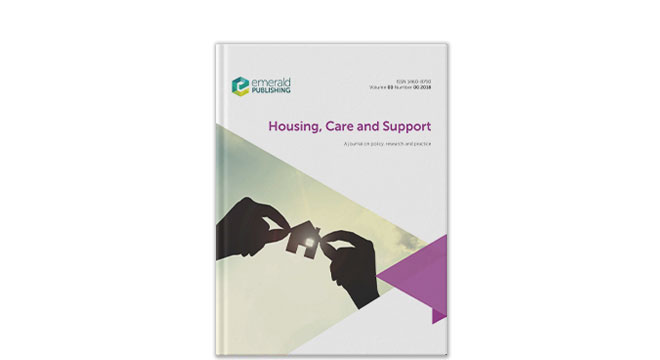Volunteerism relies on individuals’ ability to act as engaged citizens working towards a common goal of a fairer society. As such, it is commonly associated with individual wellbeing and community empowerment.
Crucial here is the role of altruistic and empathic values and attitudes. From a critical perspective, volunteerism reinforces exclusionary practices, particularly in relation to race, gender and class. This draws attention to the barriers disadvantaged groups face in actively participating in formal and informal volunteering activities.
While volunteerism continues to manifest itself in various ways and for different purposes, this mission mirrors that eclecticism by highlighting research and learning that explores the impact of volunteerism on individual, societal, and planetary well-being. Therefore, the question arises: what is the distinctive contribution of volunteerism in the realisation of the 2030 Agenda for Sustainable Development?
In her key editorial blog, Wendy Purcell, Rutgers University, Boston, United States, and Goal Advisor for the Fairer Society, makes a call to action: "let us all pledge to volunteer (more of) our efforts in pursuit of a fairer society."
On this page
- Featured blogs
- Section 1: Free access to our articles and blogs
- Section 2: Different routes to publication
- Section 3: Additional information
- Talk to us about your work
- Mission-led research – our goals
If you’d like to contribute to the discussion or have research relating to volunteerism, we’d love to hear from you, so please get in touch with us.
This mission is aligned with our Fairer society goal
Featured blogs
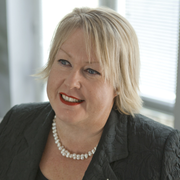
Volunteerism for a fairer society
Kofi Annan, former Secretary-General of the United Nations, observed: "If our hopes of building a better and safer world are to become more than wishful thinking, we will need the engagement of volunteers more than ever." This positions volunteerism, a selfless act to serve and improve the lives of others and the world around us, as central to achieving a fairer society.

Making a difference: volunteering to combat plastic pollution in your community: a case study from Africa
Adeniyi Toyin Funmilayo, Nnamdi Azikiwe University, discusses volunteering to combat plastic pollution in your community.

Free access to our articles and blogs

Different routes to publication
If you would like to contribute to the discussion, take a look at our different routes to publication and contact us to get involved.

Additional information
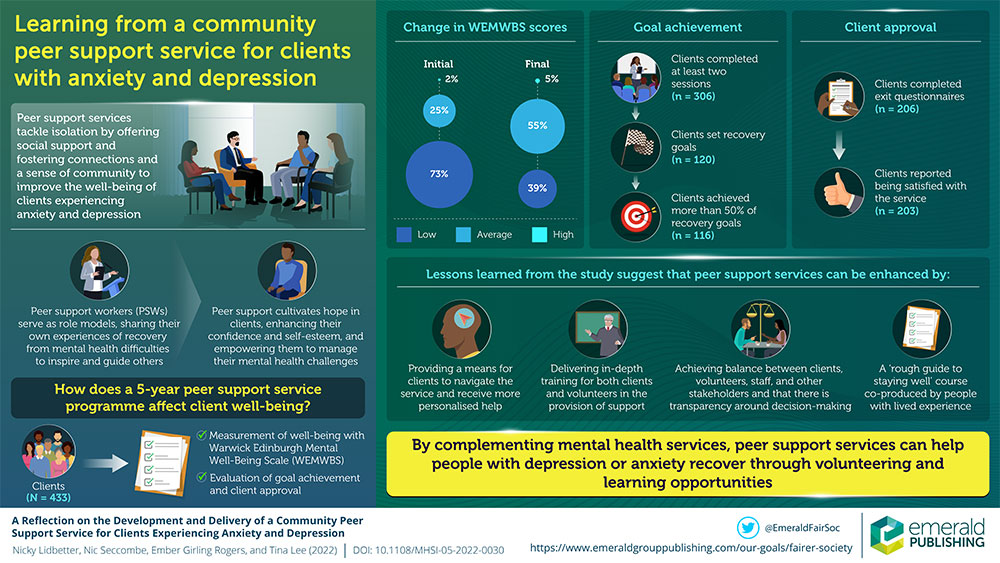
Learning from a community Client approval peer support service for clients with anxiety and depression
View the infographic to find out more (PDF)
Article: A reflection on the development and delivery of a community peer support service for clients experiencing anxiety and depression
Authors: Nicky Lidbetter, Nic Seccombe, Ember Girling Rogers and Tina Lee
Journal: Mental Health and Social Inclusion
Learning from a community peer support service for clients with anxiety and depression
Peer support services tackle isolation by offering social support and fostering connections and a sense of community to improve the well-being of clients experiencing anxiety and depression.
Peer support workers (PSWs) serve as role models, sharing their own experiences of recovery from mental health difficulties to inspire and guide others.
Peer support cultivates hope in clients, enhancing their confidence and self-esteem, and empowering them to manage their mental health challenges.
How does a 5-year peer support service programme affect client well-being?
Clients (N = 433)
- Measurement of well-being with Warwick Edinburgh Mental Well-Being Scale (WEMWBS)
- Evaluation of goal achievement and client approval
Change in WEMWBS scores
Initial
High - 2%
Average - 25%
Low - 73%
Final
High - 5%
Average - 55%
Low - 39%
Goal achievement
Clients completed at least two sessions (n = 306)
Clients set recovery goals (n = 120)
Clients achieved more than 50% of recovery goals (n = 116)
Client approval
Clients completed exit questionnaires (n = 206)
Clients reported being satisfied with the service (n = 203)
Lessons learned from the study suggest that peer support services can be enhanced by:
- Providing a means for clients to navigate the service and receive more personalised help.
- Delivering in-depth training for both clients and volunteers in the provision of support.
- Achieving balance between clients, volunteers, staff, and other stakeholders and that there is transparency around decision-making.
- A 'rough guide to staying well' course co-produced by people with lived experience.
By complementing mental health services, peer support services can help people with depression or anxiety recover through volunteering and learning opportunities.
A Reflection on the Development and Delivery of a Community Peer Support Service for Clients Experiencing Anxiety and Depression
Nicky Lidbetter, Nic Seccombe, Ember Girling Rogers, and Tina Lee (2022) | DOI: 10.1108/MHSI-05-2022-0030
@EmeraldFairSoc
https://www.emeraldgrouppublishing.com/our-goals/fairer-society
Talk to us about your work
We really welcome insights not only from researchers but practitioners too about their work.
If you would like to contribute to the discussion, or you are working on research in areas related to volunteerism for a fairer society, please let us know by filling in this form.


